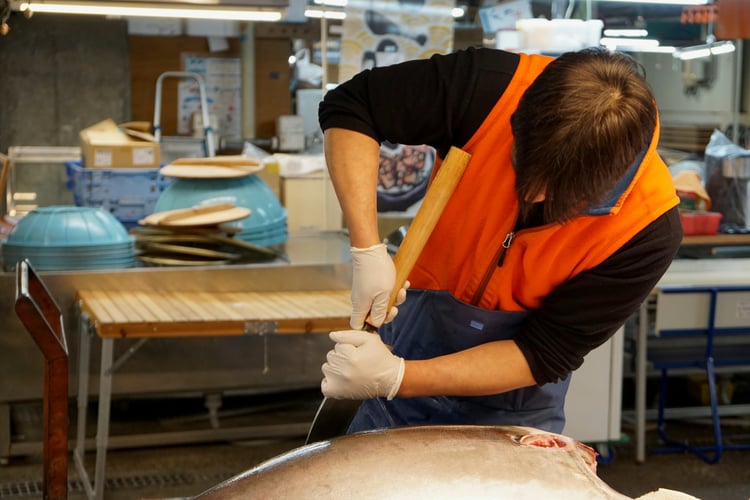Creating Robust Retirement Plans for Skilled Workers in Manufacturing

In the manufacturing sector, skilled workers form the backbone of the industry, driving innovation, quality, and productivity. Providing robust retirement plans for these valuable employees is not only a sound financial decision, but also crucial if you want to retain employees and ensure long-term business success. Ahead, we’ll delve into the key components of creating effective retirement plans tailored to the needs of skilled workers in manufacturing.
Skilled workers in the manufacturing sector often have long careers marked by specialized training and experience. Retirement planning for this demographic requires a deep understanding of their unique financial needs, career paths, and retirement goals. Here are some key considerations:
-
Long Tenures and Specialized Skills: Many skilled workers have long careers within the same company or industry, requiring retirement plans that recognize their extended tenure and specialized skills.
-
Health and Safety Considerations: Physical demands and potential health risks associated with manufacturing jobs necessitate retirement plans that account for medical expenses and long-term care.
-
Pension Preferences: Traditional pension plans are highly valued in this sector, offering a reliable income stream during retirement.
-
Key Components of Robust Retirement Plans for Skilled Workers in Manufacturing
1. Comprehensive Retirement Plans
Employers can choose from two types of retirement plans:
Defined Benefit Plans: These plans provide a guaranteed income stream based on salary and years of service. They are particularly appealing to skilled workers seeking stability and predictability in retirement.
Defined Contribution Plans: 401(k) or 403(b) plans allow for both employer and employee contributions, offering flexibility and potential growth through investments.
2. Health and Wellness Programs
Employers should also consider robust health and wellness benefits:
Healthcare Savings Accounts (HSAs): Encourage employees to save for medical expenses with these tax-advantaged accounts, which can help ensure they are covered for future health-related costs.
Wellness Initiatives: Programs promoting healthy lifestyles can reduce healthcare costs and improve the quality of life for retirees.
3. Financial Literacy and Education
It's important to educate employees so they make smart decisions when it comes to saving and investing for retirement.
Workshops and Seminars: Regular educational sessions can help employees understand their retirement options and make informed decisions.
Personal Financial Counseling: Providing access to financial advisors can help workers plan effectively for their retirement, taking into account their unique circumstances.
The Pros of Offering Robust Retirement Benefits s for Employers
1. Attracting Top Talent: A comprehensive retirement plan is a key differentiator in the competitive market for skilled manufacturing workers.
2. Retaining Skilled Workers: Offering attractive retirement benefits helps retain experienced employees, reducing turnover and training costs.
3. Enhancing Employee Loyalty and Satisfaction: When employees feel their long-term financial security is supported, they are more likely to remain loyal and motivated.
4. Compliance and Tax Advantages: Providing retirement benefits helps employers comply with regulations and take advantage of tax benefits associated with offering retirement plans.
-
Steps to Create Effective Retirement Plans for Manufacturing Workers
-
1. Assess Employee Needs: Conduct surveys and engage with employees to understand their retirement goals and preferences.
-
2. Evaluate Existing Benefits: Review current retirement offerings to identify gaps and areas for improvement.
-
3. Consult with Financial Experts: Work with financial advisors to design a plan that meets both employee needs and company objectives.
-
4. Implement and Communicate: Roll out the retirement plan with clear communication, ensuring employees understand the benefits and how to participate.
-
5. Monitor and Adjust: Regularly review the plan’s performance and make adjustments as necessary to keep it aligned with employee needs and market changes.
Creating robust retirement plans for skilled workers in the manufacturing sector is a strategic investment that benefits both employees and employers. By offering comprehensive pension plans, health and wellness programs, and financial education, companies can attract, retain, and support the valuable workers who drive their success. Taking the time to understand and address the unique needs of skilled manufacturing workers ensures a secure and prosperous future for both the workforce and the business.




